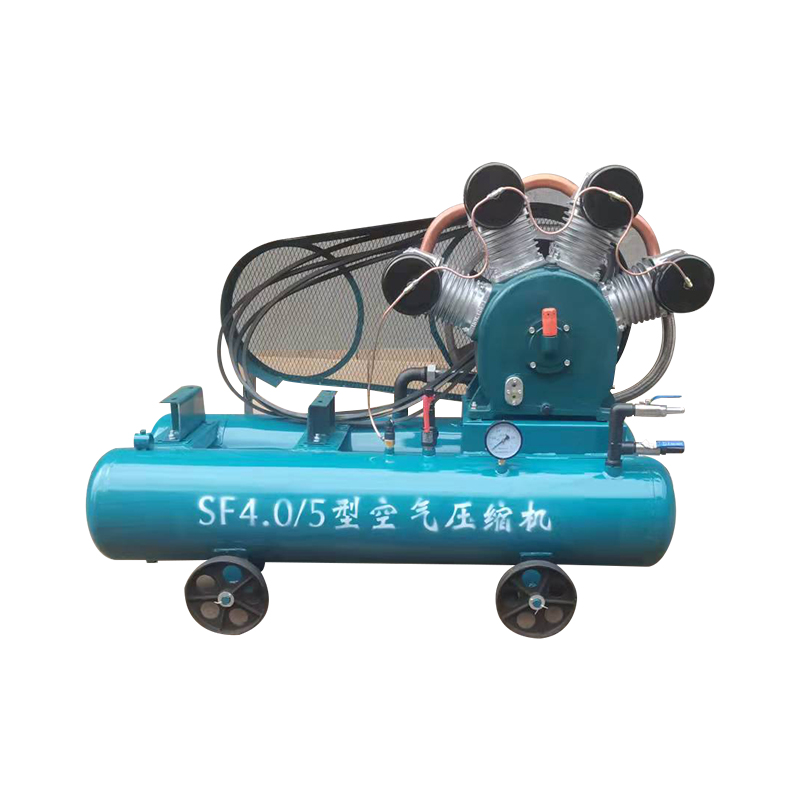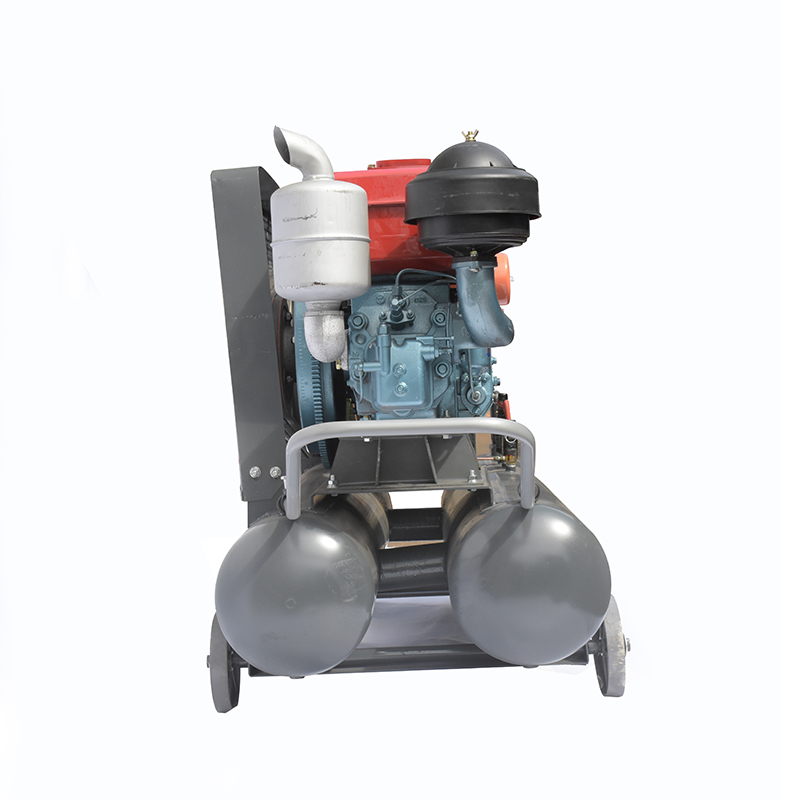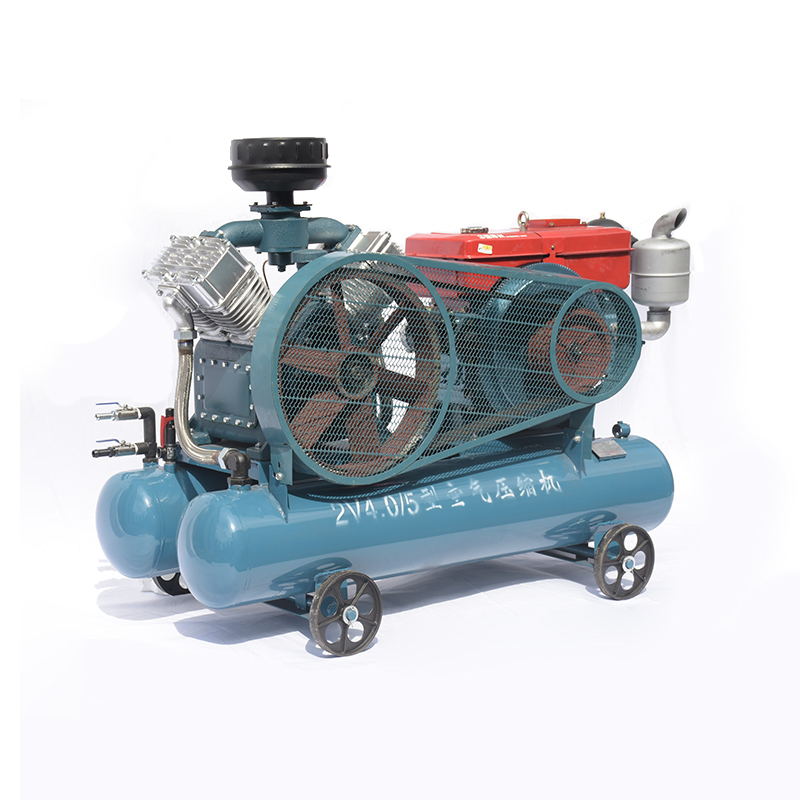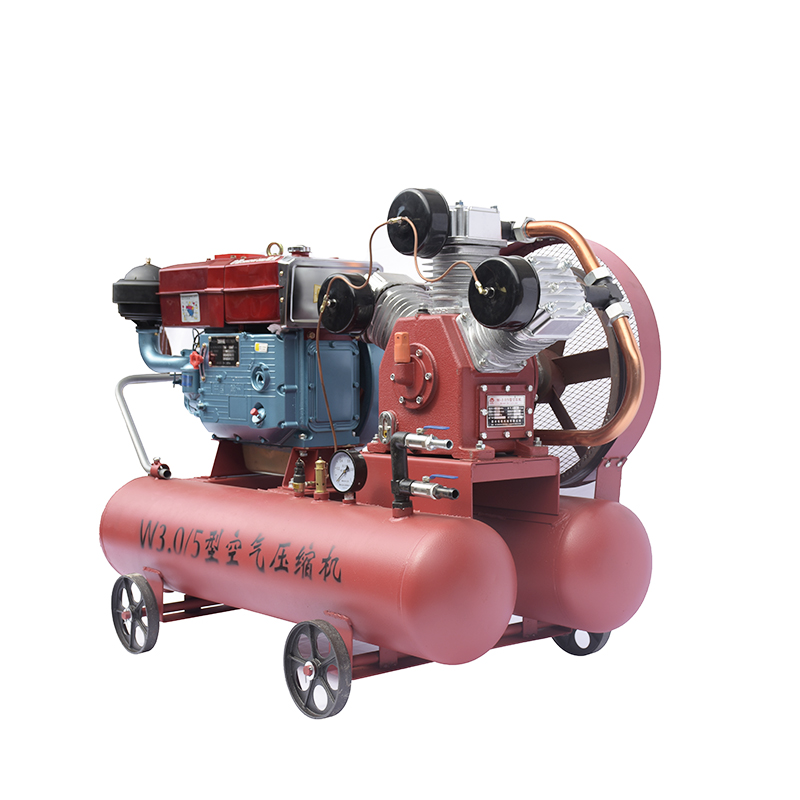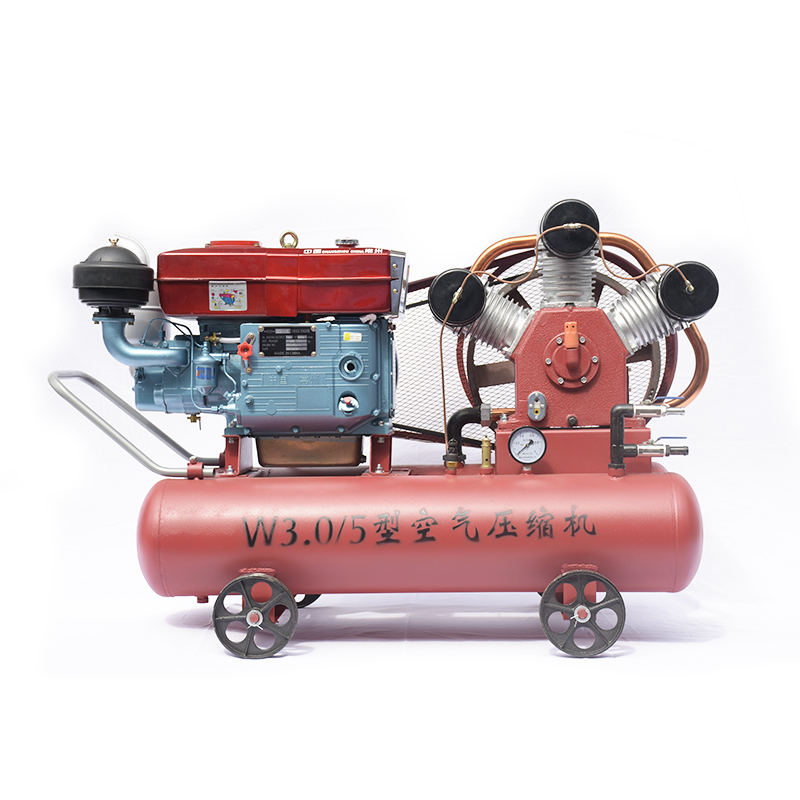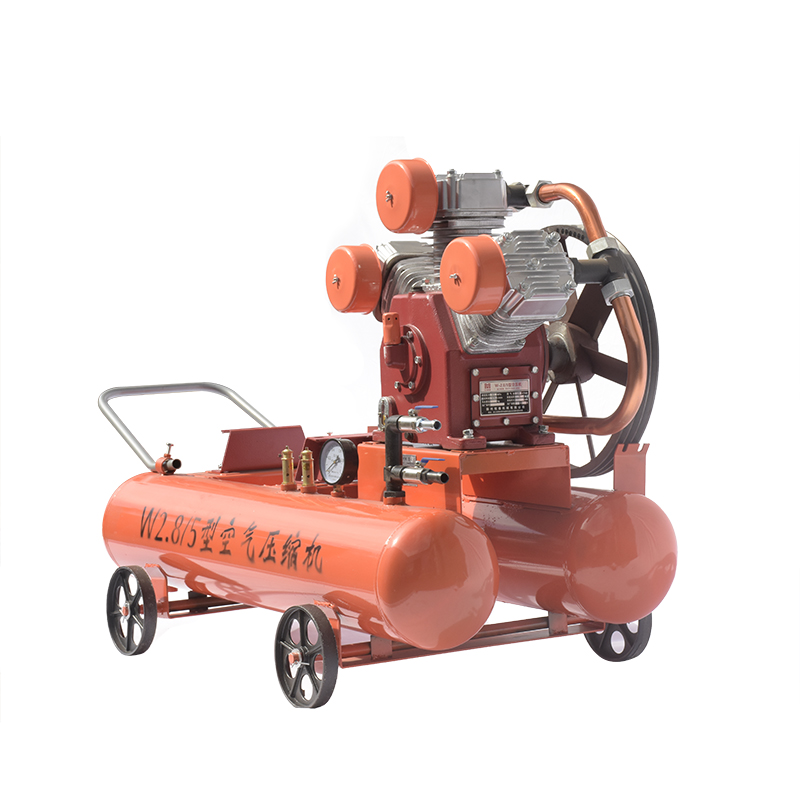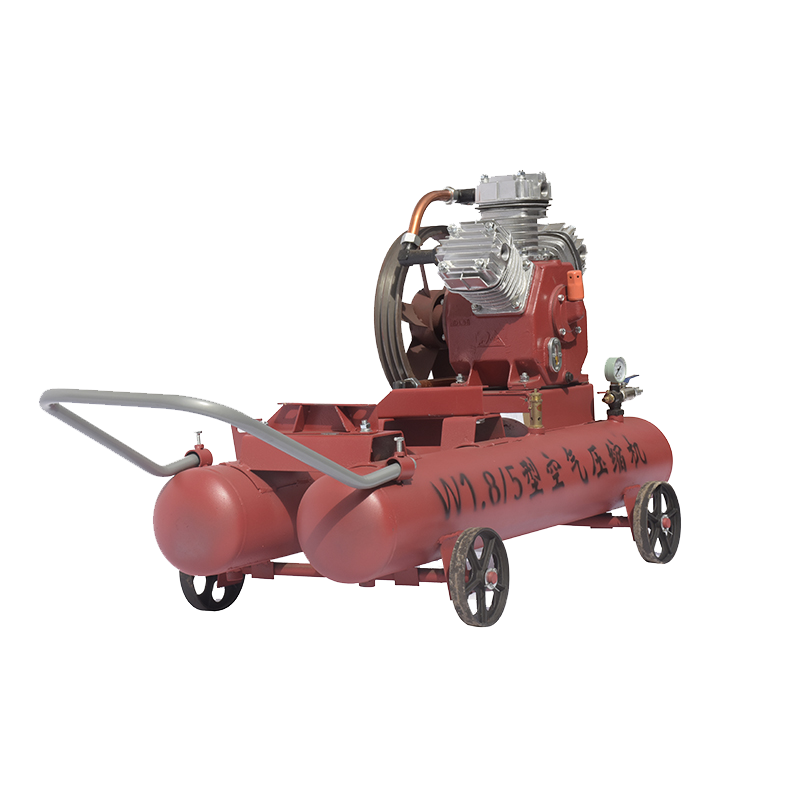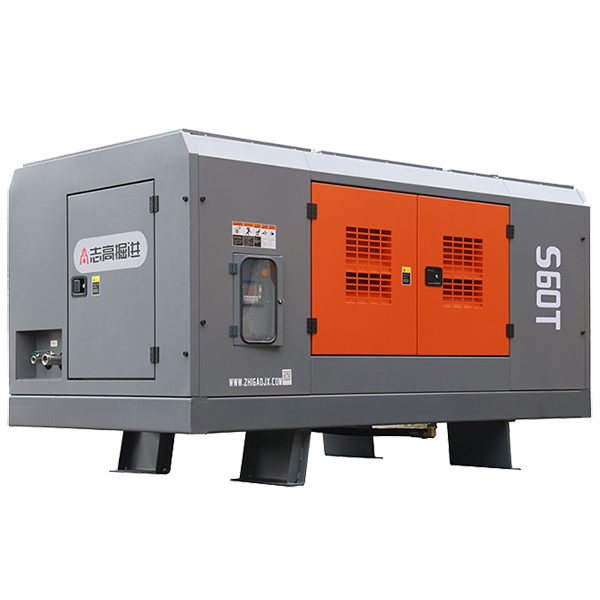When it comes to supplying tools and equipment with air, an air compressor is an invaluable asset. Whether you need a small, compact unit that can provide on-the-go power or a large industrial-grade machine to handle high-volume tasks, the variety of sizes available can fulfill any requirement. Finding the right size air compressor for your tools and equipment is as simple as knowing your demands.
Uncovering the Mysteries of Air Compression
An electric motor or gasoline engine powers a piston reciprocating inside a cylinder as part of the air compressor operational process. This up-and-down action compresses air within the enclosed space, driving its pressure levels higher. Consequently, this amplified air is collected in a tank or propelled straightaway to drive the tools and materials that need it.
What Purposes Do Air Compressors Serve?
Air compressors offer a wealth of benefits across a wide array of tasks, including:
Operating heavy-duty equipment ranging from drills and sanders to paint sprayers and air conditioners, to even filling scuba tanks, is an essential task for many.
What is the best air compressor to suit my requirements?
If you are deliberating over which air compressor to purchase, it is crucial that you contemplate the subsequent components:
Deciding between a Portable or Stationary Air Compressor
The air compressor’s bulk is measured by its tank capacity, powered by its horsepower, and accurately tracked through its cubic feet per minute rating.
-Deciding On A Power Source: Home or Commercial? -Exploring Electric or Gas for Your Needs
Perfect for the mobile professional, portable air compressors are a compact, yet powerful solution. With their low weight and simple transportation, these machines are well-suited for applications like tire inflation and powering an array of power tools.
Perfect for commercial venues, stationary air compressors are heavy and sizable machines created for prolonged use in one area. They can be used to power air conditioners, fill scuba tanks, and fulfill other responsibilities.
The towering pressure vessel capacity, relentless horsepower, and evasive CFM are the three elements that ultimately define the scale of an air compressor. Greater capacity translates to extended time of functioning before refilling is necessary. Heftier horsepower leads to speedier tank fill-up. And a greater CFM enables more air to be supplied.
If you’re in the market for an air compressor, your energy source options are either electric or gas. If portability and convenience are top priorities, an electric model is the way to go. They are typically lightweight and quieter to run than units using gas power, but may lack the air delivery of a gas-powered machine. Make sure you have a dependable source of electricity to ensure your electric compressor functions properly.
Gas-powered air compressors tend to be more bulky and cumbersome than electric ones. Moreover, these combustive models need more noise insulation and spew out pollutant exhausts. But these units have one upside – they don’t require an electrical connection, and thus can generate air with a larger flow rate than electric models.
If inflation of tires and working with power tools are on your agenda, then a portable air compressor may be all you need. But, for those highly demanding commercial tasks like running air conditioning systems or filling up scuba tanks, then a stationary unit is the way to go.
Post time: 2023-06-25


